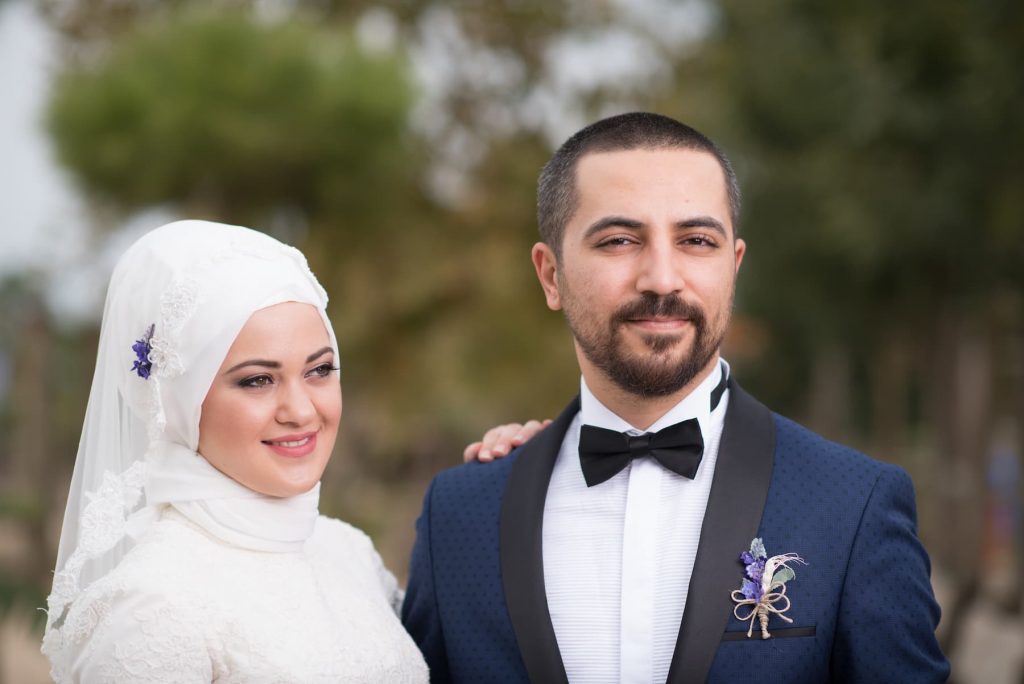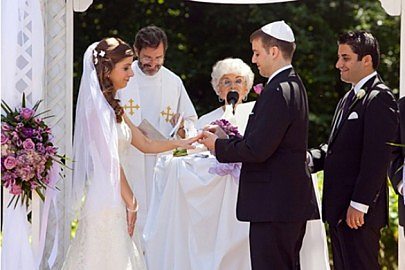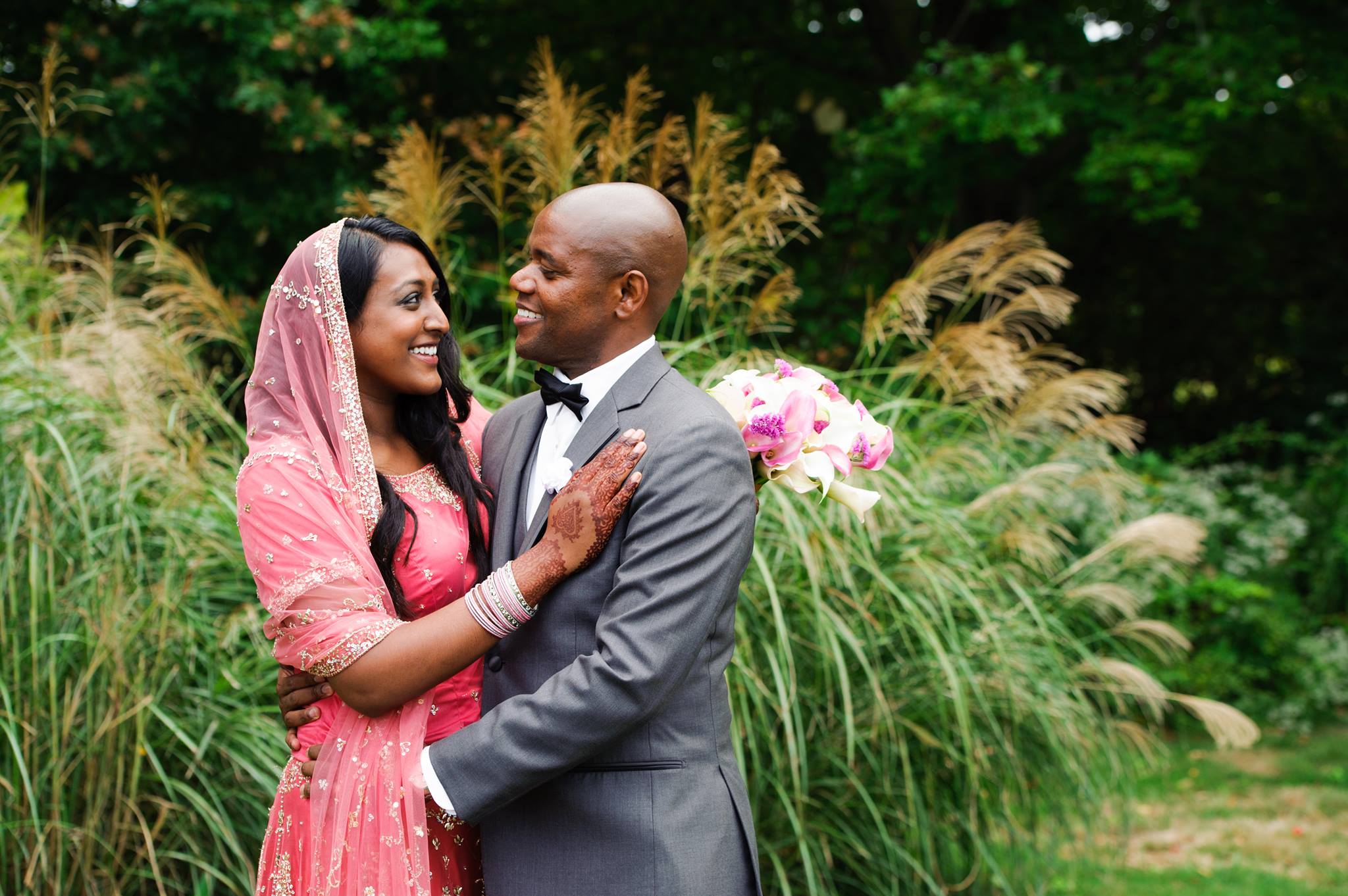Interreligious marriages can be challenging for a variety of reasons. The potential outcome of religious differences causing tension within the relationship is a significant issue. For instance, if one colleague is deeply religious while the other is not, there may be differences in how to raise children or approach certain religious celebrations or traditions.

Another possibility is that the couple's friends and relatives will object to getting married due to religious distinctions. Friends and family of the couple may experience tension and alienation due to this. Sometimes, one partner faces pressure by the religious community to end the marriage.
Furthermore, interfaith couples may face discrimination or judgment from society. This act can be incredibly challenging for couples where one partner belongs to a minority religion, as they may face additional prejudice and misunderstanding.
Did you read this?
It's also worth noting that fusing two cultures and two traditions can be difficult. Certain cultural practices and customs may be problematic for the couple to share, leading to feelings of isolation and disconnection.
It is also important to note that blending different cultures and two belief systems can be challenging. Certain cultural traditions and social norms may be difficult to share between the couple, resulting in feelings of loneliness and disconnection.

Inter-religious couples can learn from each other and develop spiritually and emotionally. Interdenominational couples can learn about various religious practices, beliefs, and customs and how these can benefit their own spiritual lives. This marriage can also help them improve their knowledge of their personal beliefs and practices.












